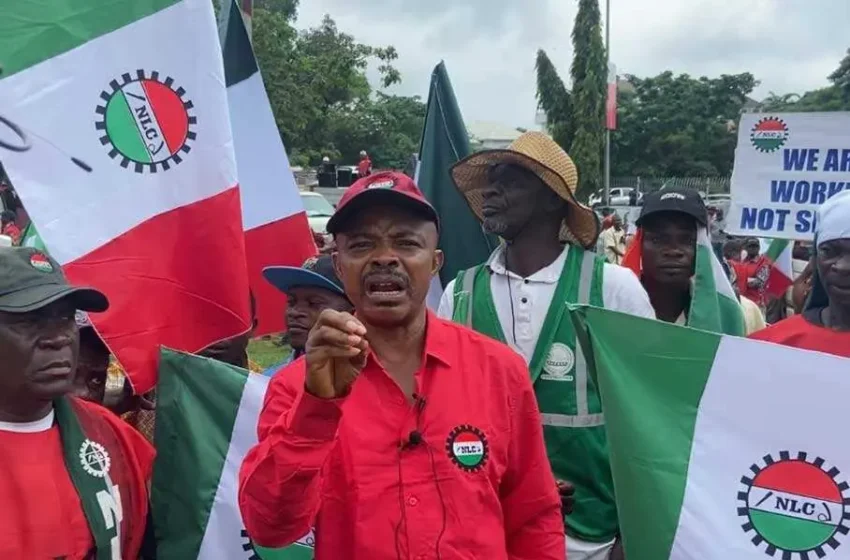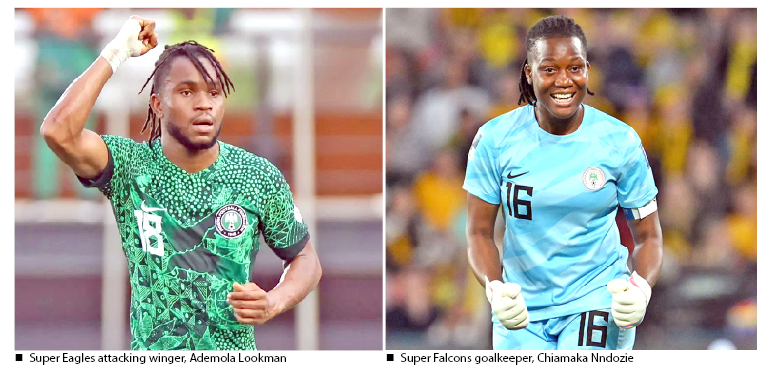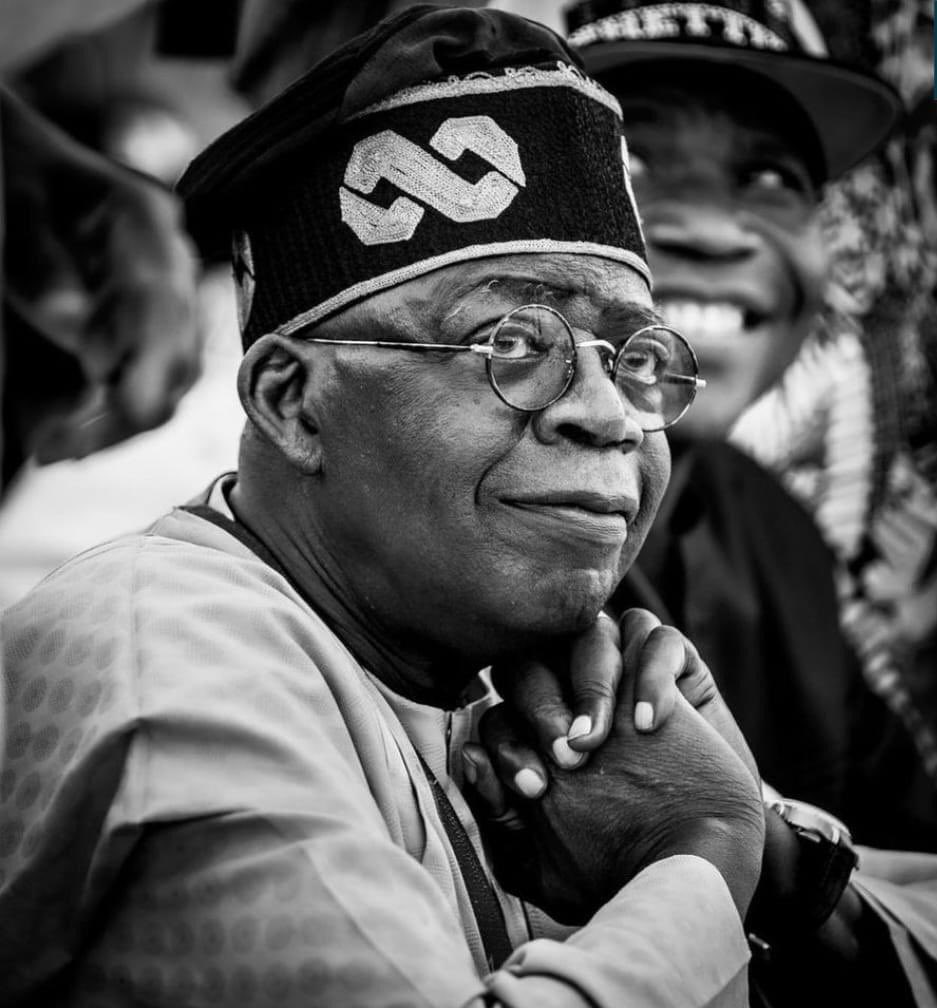Political agenda or public interest? NLC’s persistent strikes raise concerns

The persistent strikes by the Nigeria Labour Congress (NLC) and the Trade Union Congress (TUC) may indicate a loss of relevance or a hidden motive behind their actions.
One indication of a loss of relevance is the fact that the unions defied a National Industrial Court order to stop the strike. This suggests that they may not be taken seriously by the government anymore, leading them to disregard court orders.
Additionally, between March and November 2023, the unions have initiated strikes three times, which may be seen as excessive and ineffective, further diminishing their relevance.
Nigerians react
Furthermore, social media reactions from Nigerians express skepticism about the motives behind the strikes. Some users question the unions’ focus on issues that affect only specific regions, such as Imo State, instead of addressing the overall situation in the country.
READ ALSO: NANS demands speedy resolution of ASUU strike, threatens protest
Others criticize the unions for compromising with the government and not following through with their strike actions in the past.
These criticisms and doubts about the unions’ motives may suggest that there is a hidden agenda behind their strikes. Some tweets allude to the possibility that the strikes are being used to support political parties or exert pressure on the government in ways that do not necessarily align with the public interest or the original purpose of the unions.
Overall, the persistent strikes by the NLC and TUC, combined with skeptical public reactions, indicate a potential loss of relevance or the presence of hidden motives behind their actions.
Tosin Adenusi, a Twitter user, criticized the NLC President, TUC, and affiliated groups, likening their actions to oppressive politicians. He questioned why the entire country should suffer due to the NLC’s issues with Imo State.
Another Twitter user, John Adebus, expressed skepticism, suggesting the strike is more about the NLC president’s grievances in Imo State than a response to national concerns.
D’Maro Ebi also on Twitter noted that the NLC’s past compromises with the government undermine their credibility in the current situation, questioning their surprise at not being taken seriously.
Michael D. Ajayi criticized the NLC’s lackadaisical approach, emphasizing the need to address issues like the CBN forex policy directly instead of relying on strikes that he considers outdated.
Advocated for the “no work, no pay” rule, suggesting legal action against NLC/TUC leadership for contempt of court and making them scapegoats, Sir Nubian said.
However, Seun, another Twitter user, emphasized the need for the NLC to consistently stand up for their principles, expressing doubt about supporting them solely because of their president.
Ebgon Agbon Adugbo accused the NLC of supporting a political party and suggested a connection between the strike and party members threatening the government with revolution.




